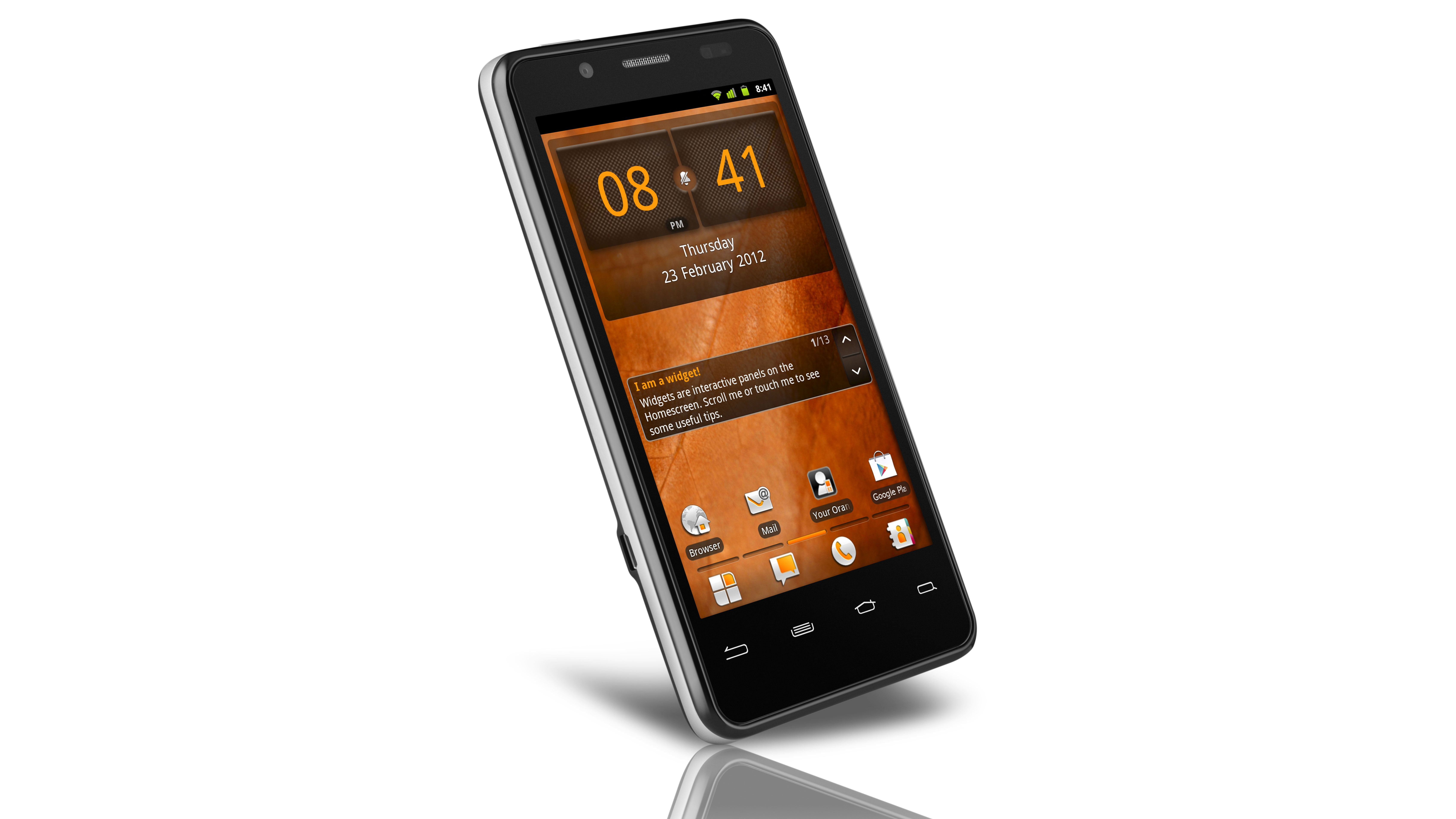TechRadar Verdict
The San Diego is a serious contender for anyone looking for a decent mid-range smartphone who doesn't want to break the bank for some flagship features.
Pros
- +
Low price
- +
Fast processor
- +
Likely good battery life
Cons
- -
Not all apps compatible
- -
No microSD slot
- -
Camera key hard to press
- -
No ICS at launch
Why you can trust TechRadar
The Orange San Diego marks a significant milestone in the mobile industry. It's not the biggest, fastest, smallest, slimmest or cheapest phone, but Intel is inside.
It's not even the first handset to sport an Intel chip, that accolade goes to the Lenovo K800, but the San Diego is the first Intel phone to land in Europe.
It's now available for £169.99 on PAYG and for free on some pretty low 24 month contracts , which puts the San Diego below the likes of the Nokia Lumia 710. However, in terms of specs it challenges the more pricey Sony Xperia P and Nokia Lumia 800.
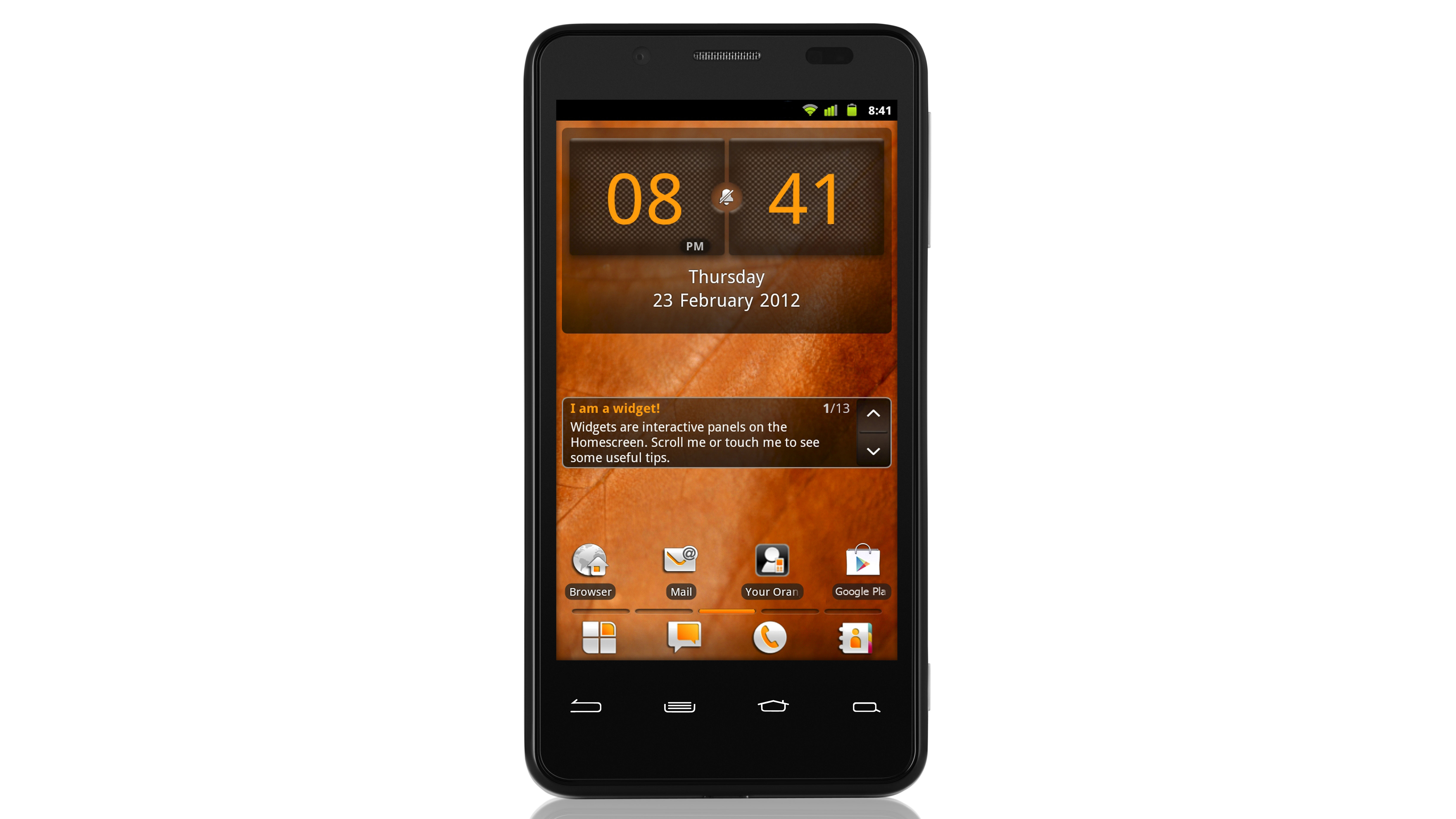
Intel is responsible for manufacturing the San Diego (through the little-known firm ODM Gigabyte), as Orange doesn't have the capabilities of producing its own handsets, although this isn't the first time the network has slapped its name on a phone.
The San Diego looks to be the replacement for the Orange San Francisco 2, which in turn replaced the excellent San Francisco.
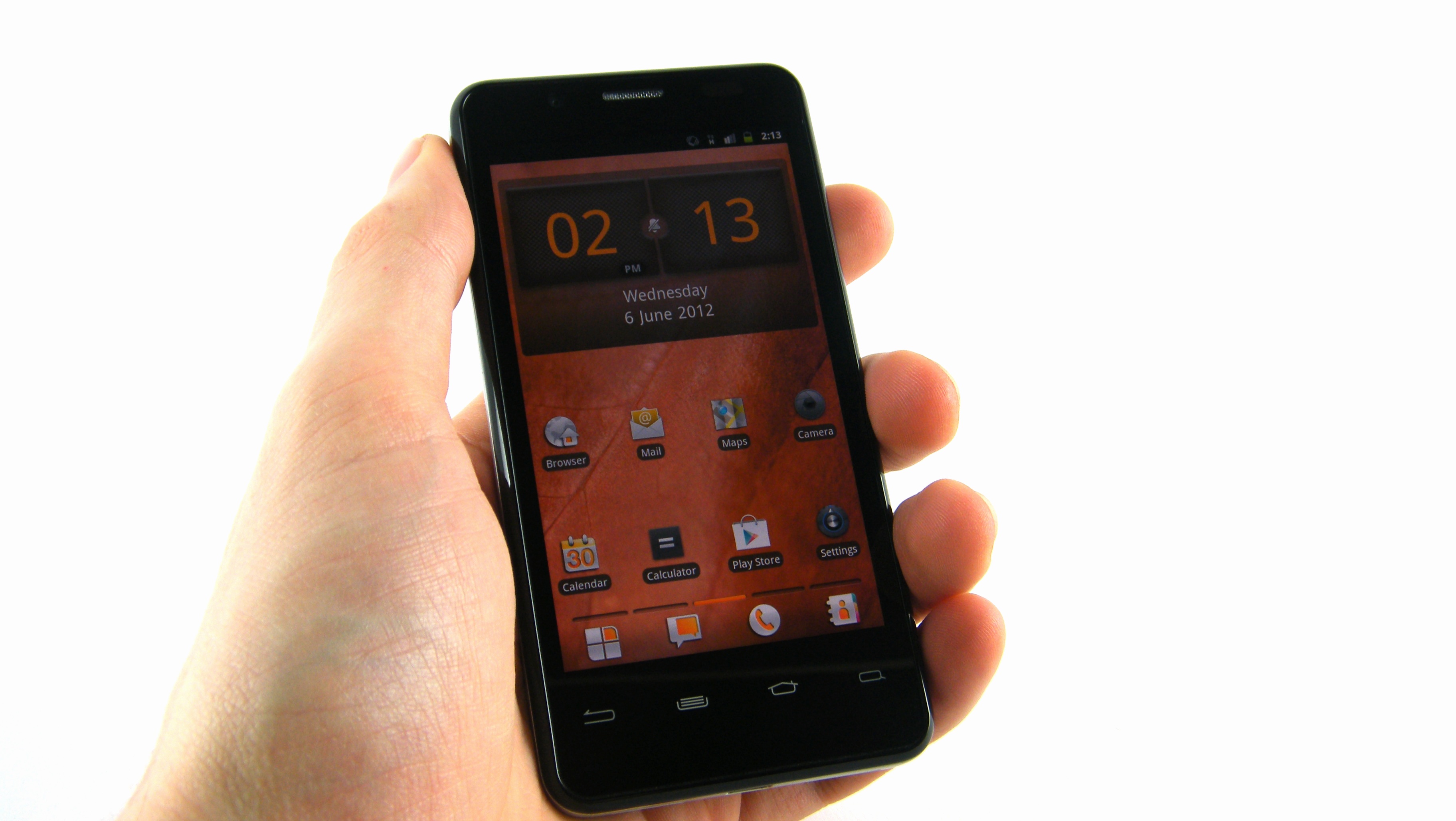
There's no fancy dual- or quad-core action here though, since Intel has stuck its single-core 1.6GHz Atom Z2460 Medfield processor inside the San Diego, along with a 4.03-inch (600 x 1024) display and 16GB of internal memory.
Pop the San Diego out of its box and you'll get a bit of déjà vu, with the handset sporting a resemblance to the Samsung Galaxy S2, and the plastic, metallic coloured strip running around the edge conjuring up memories of the iPhone 4S.
Sign up for breaking news, reviews, opinion, top tech deals, and more.
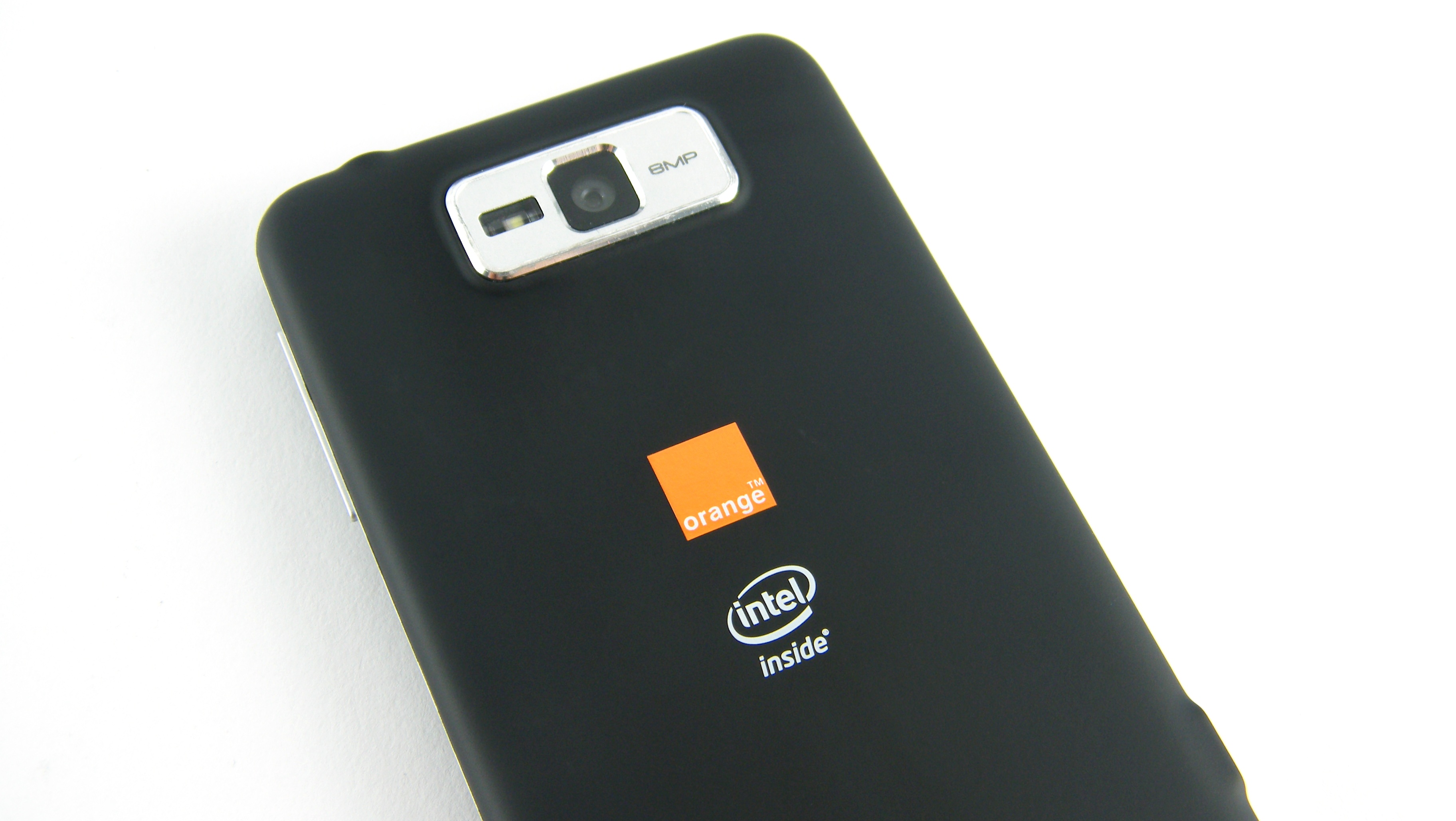
Although not an original design, the San Diego is a decent looking handset, and the rubberised back provides a secure grip in the hand.
The San Diego is a slender device, at 9.99mm in depth, and sits comfortably in the palm. Evenly weighted, without being heavy, it tops the scales at a respectable 117g.
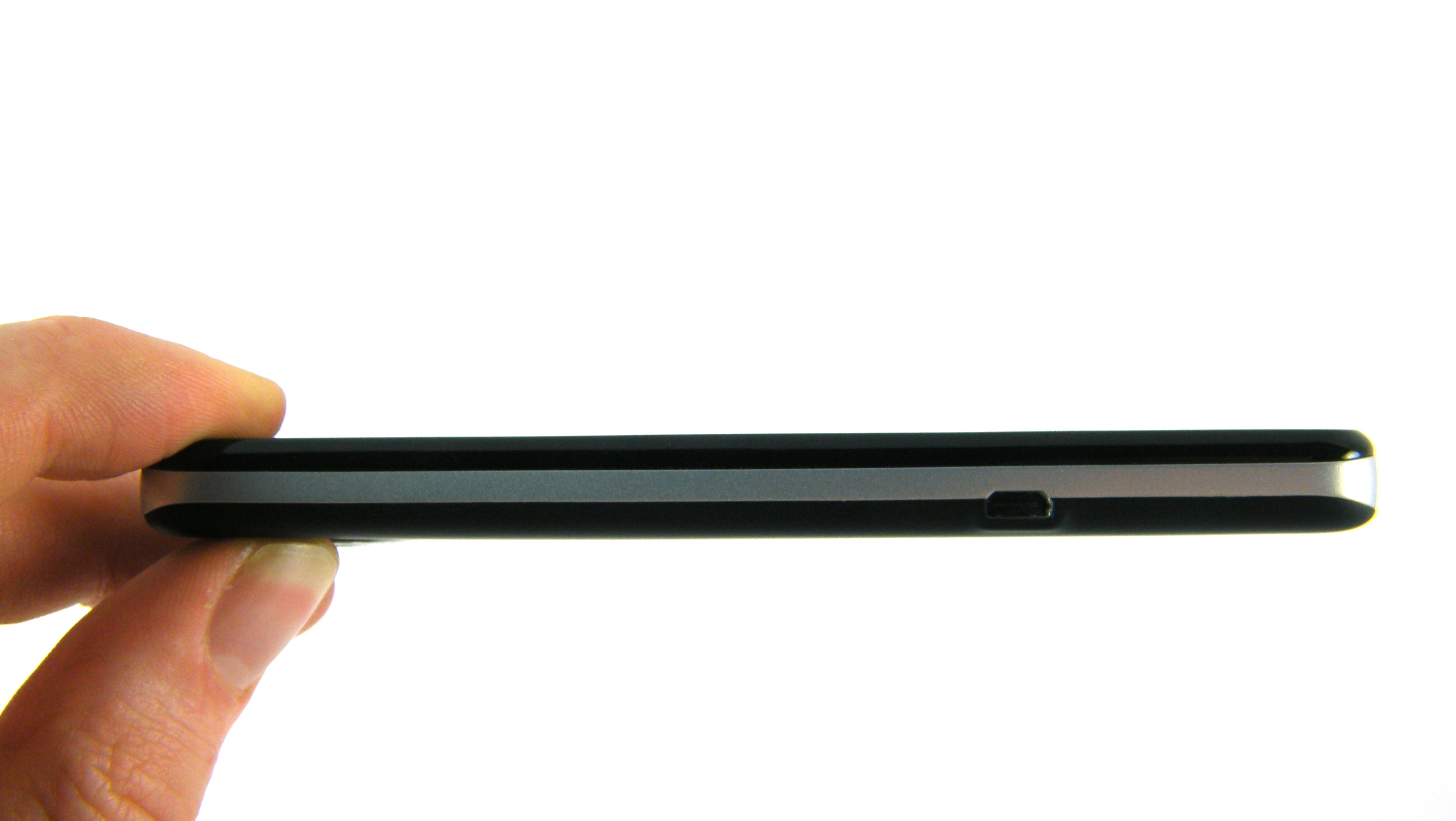
Even though the case is plastic, the San Diego feels sturdy and well built, although we could prise the plastic trim away from the edge of the screen with a fingernail, which may see a build up of dust and dirt over time.
Three physical buttons adorn the Orange San Diego, with a power/lock key located at the top of the handset, next to a 3.5mm headphone jack and volume rocker and dedicated camera shutter buttons on the right-hand side.
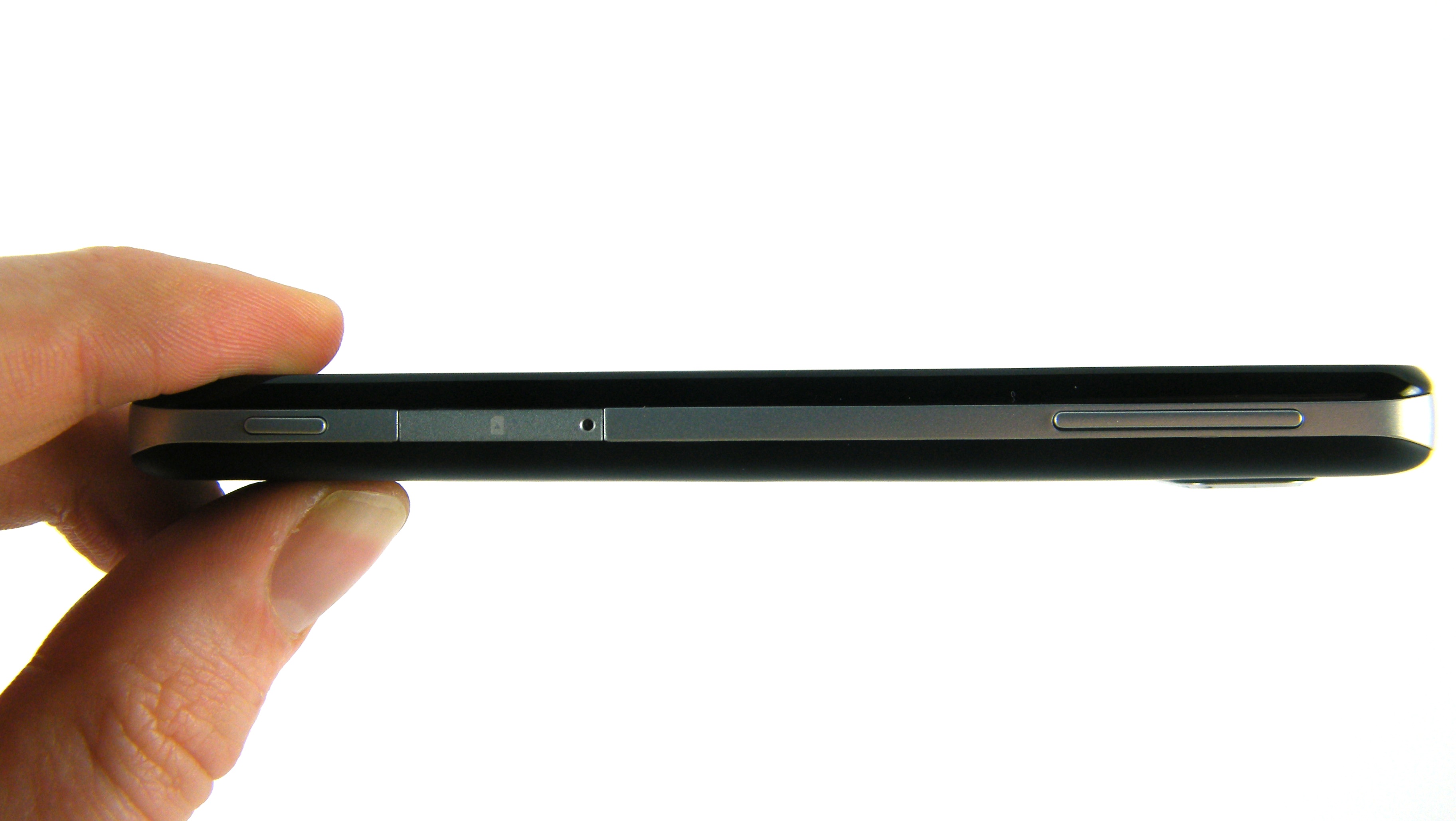
The volume rocker is easy to hit, but we found the lock key on top harder to navigate, especially when held in our left hand.
There's a micro HDMI port on the left-hand side and a micro USB port flanked by speakers on the base.
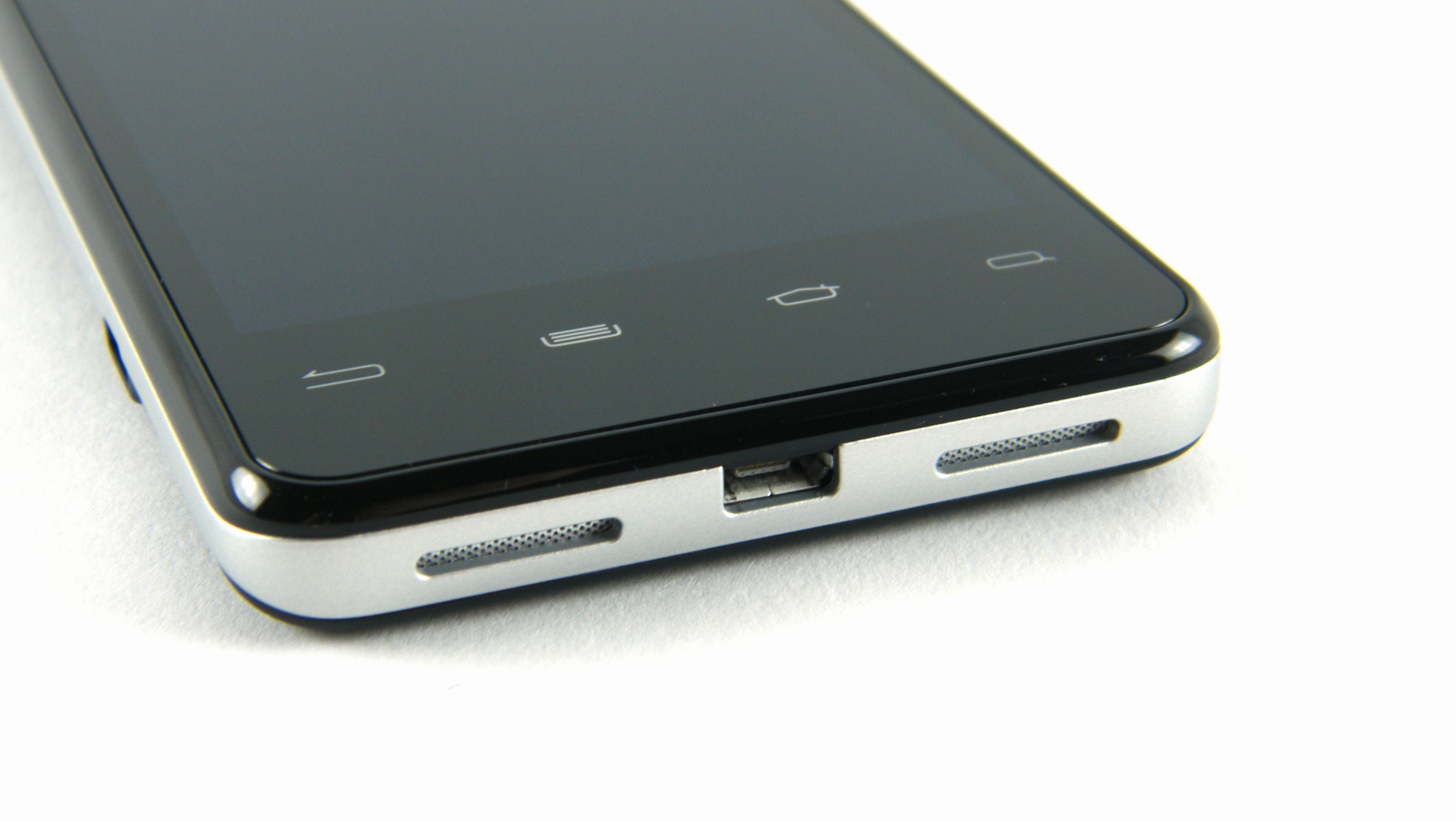
Orange and Intel have gone down the micro SIM route with the San Diego, with a pop-out tray for the chip located just above the shutter button – you even get a fancy iPhone-esque tool for opening the tray. Yippee.
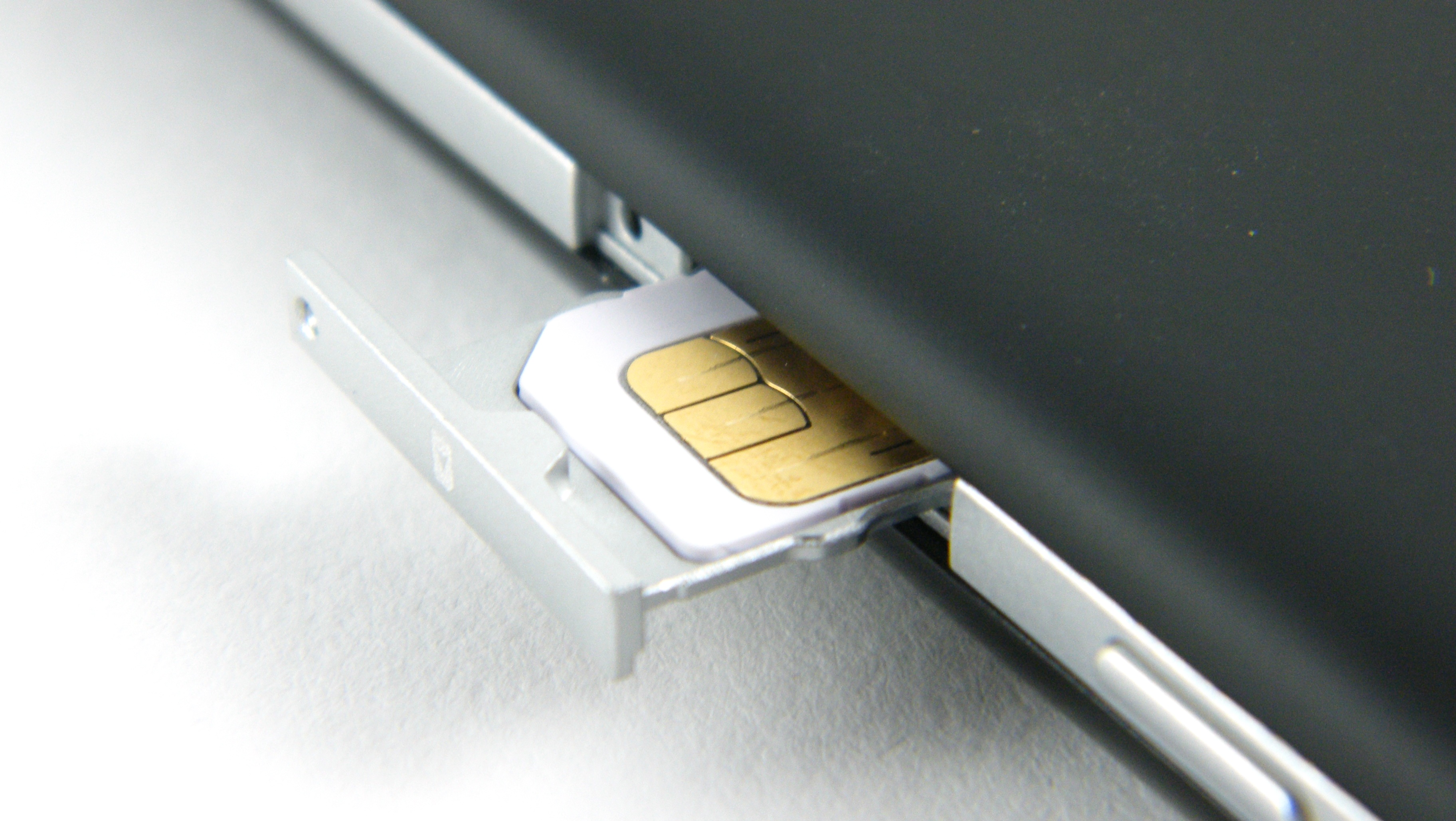
Battery aficionados will be disappointed to learn that the back cover cannot be taken off the San Diego and thus the battery is locked away, however Intel claims battery life has been improved thanks to its new processor and integration methods. More on that later.
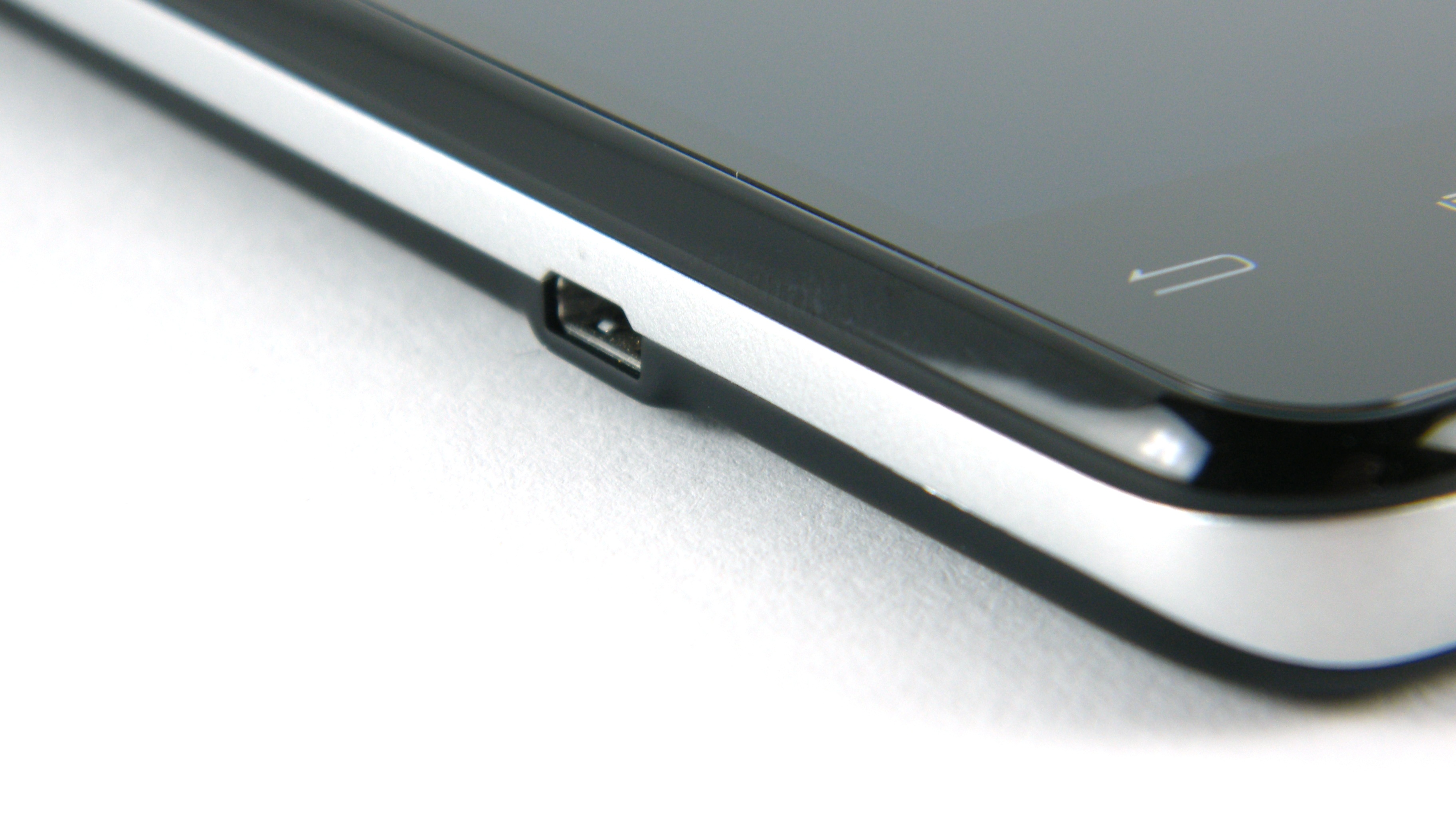
The San Diego also fails to offer expandable storage, meaning you're stuck with the 16GB of internal, which will be plenty for most, but frustrating for those who need more or like to pop in a memory card full of content to consume immediately.
However, this is far more generous than the storage in the One V and Lumia 710, which offer 4GB and 8GB respectively.
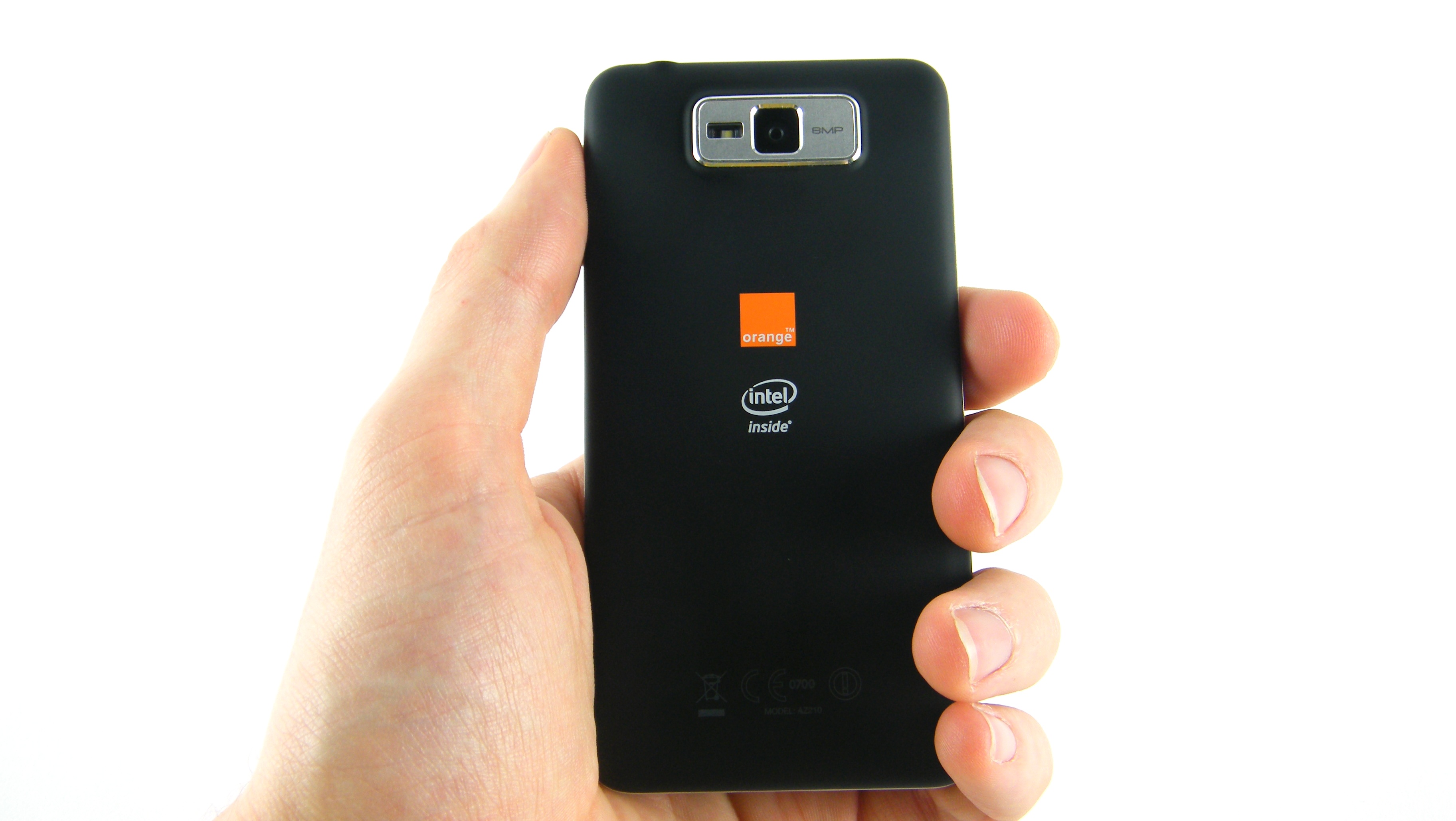
Other goodies squeezed in to the Orange San Diego include an 8MP rear facing camera with single LED flash and 1080p video recording, front-facing 1.3MP snapper, NFC technology and HD voice, which enhances voices calls, making them clearer.

TechRadar's former Global Managing Editor, John has been a technology journalist for more than a decade, and over the years has built up a vast knowledge of the tech industry. He’s interviewed CEOs from some of the world’s biggest tech firms, visited their HQs, and appeared on live TV and radio, including Sky News, BBC News, BBC World News, Al Jazeera, LBC, and BBC Radio 4.
